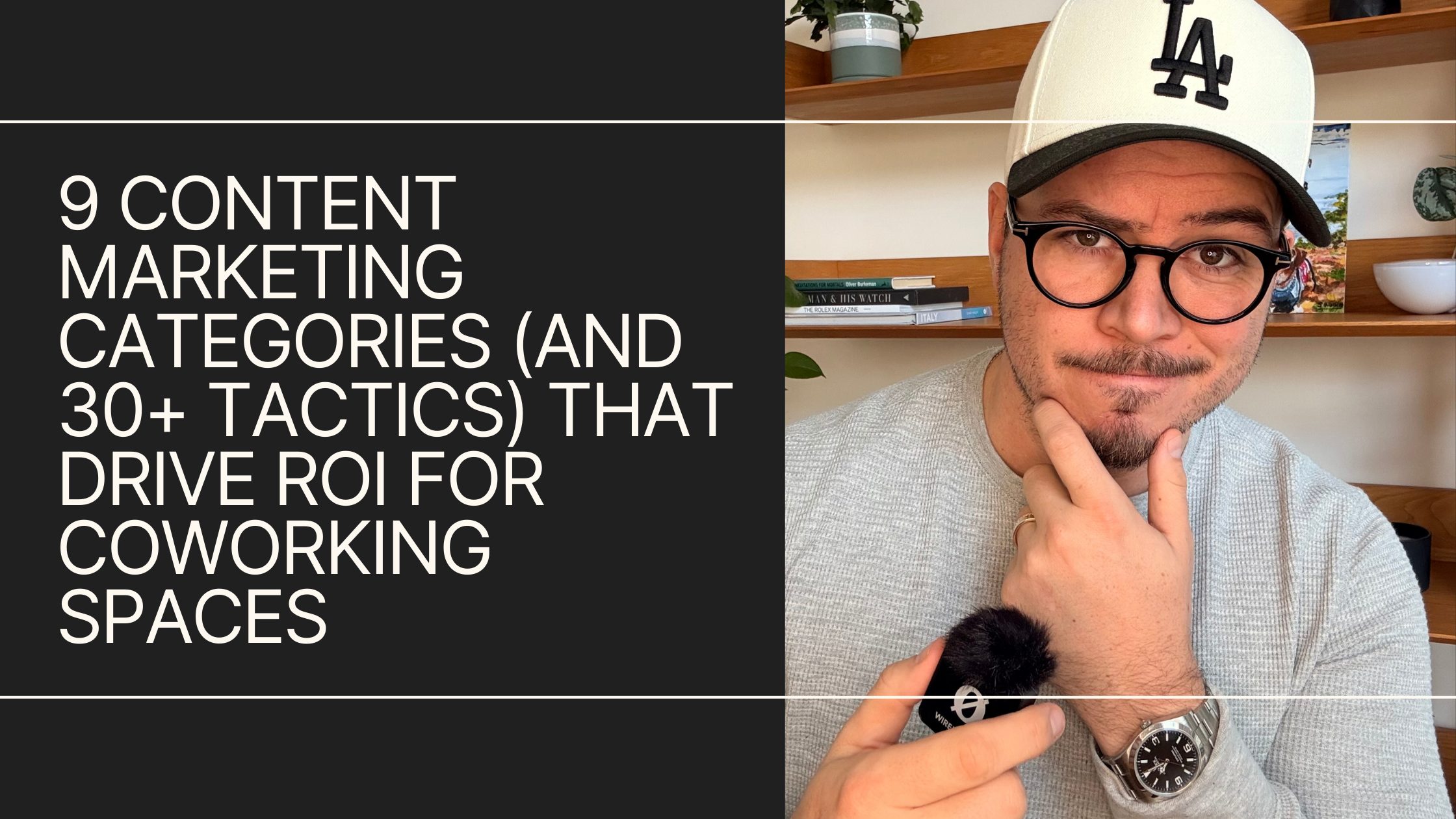
The fine balance of going against the grain
There’s definitely something to be said for writing articles and headlines that leverage negativity to garner curiosity. And, in many cases, that approach actually makes for more interesting articles.For instance, the approach of “X ways your operations are losing you money (and how to fix them)”--that’s a terrible, unspecific example, but bear with me--serves to do a few things:
- Makes a reader feel like they’re losing money
- Generates urgency to find out why
- Promises to deliver a solution
And the article, if it’s done properly, really will provide a solution that will help the reader fine-tune the flaws in their operations to stop bleeding money.But, while these articles and headlines can definitely work, just make sure to mind the fine balance between using them every once in a while and making the focal point of your content hinged on negativity.In my personal opinion, too much of a tense or “against the grain” tone can skew people’s perception of your brand accordingly.So, absolutely leverage this type of content. But do it sparingly.



%20featured%20(3).png)